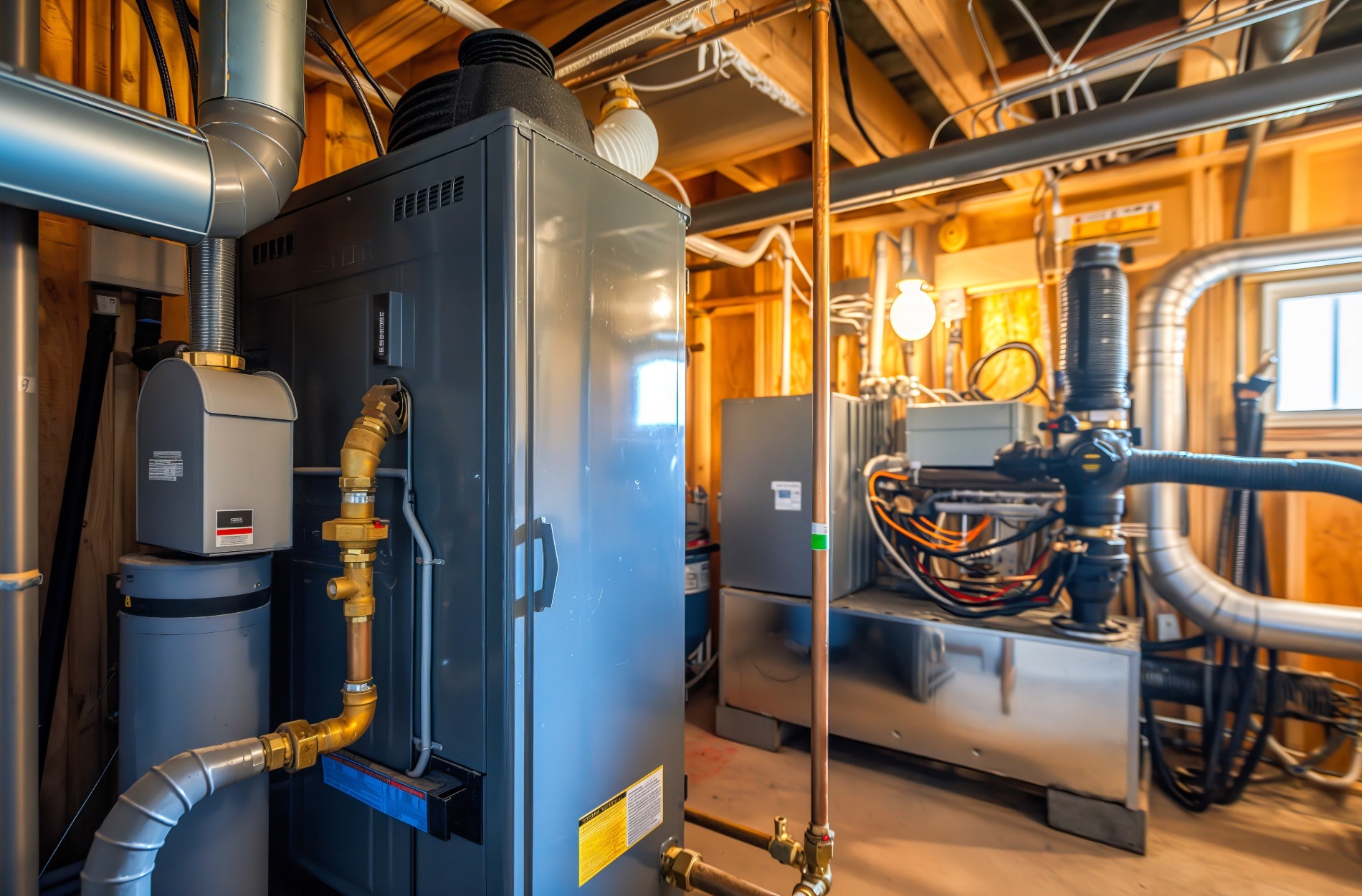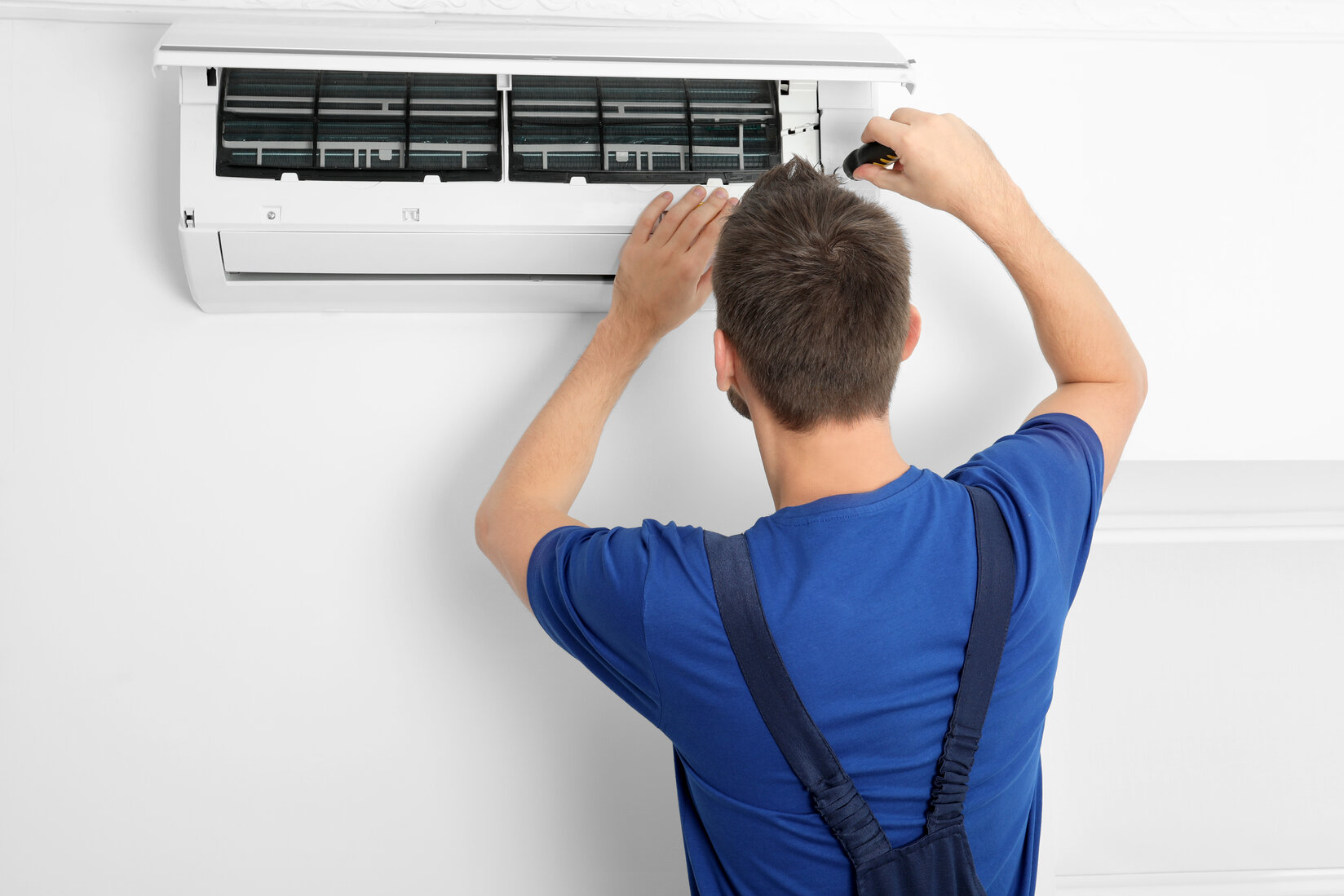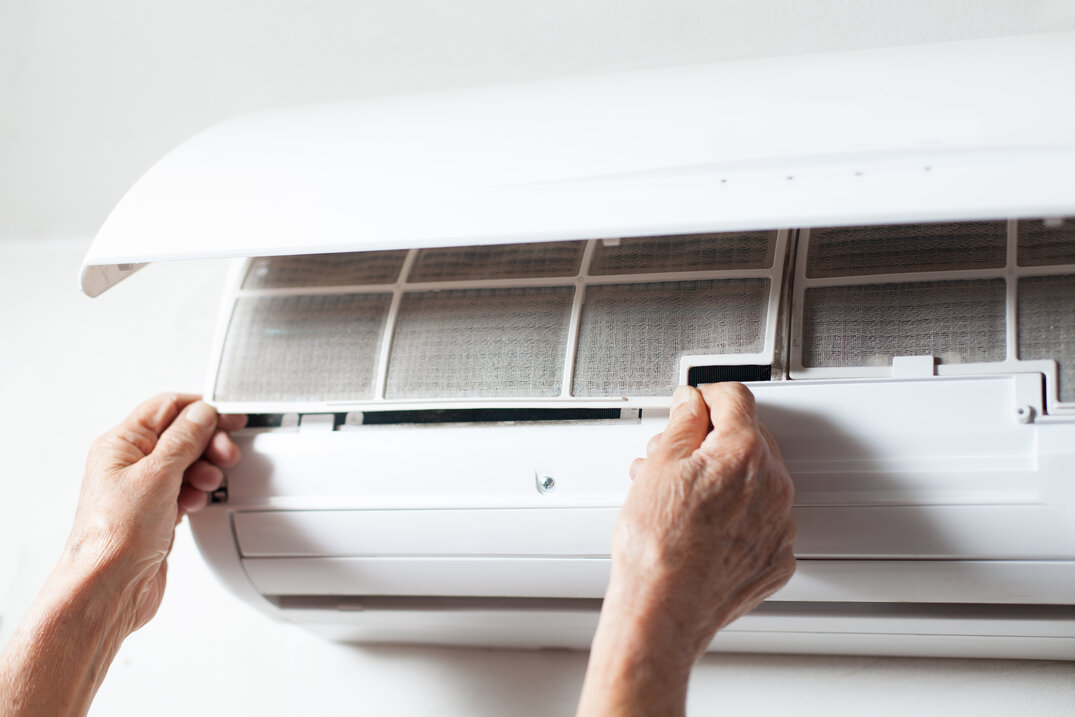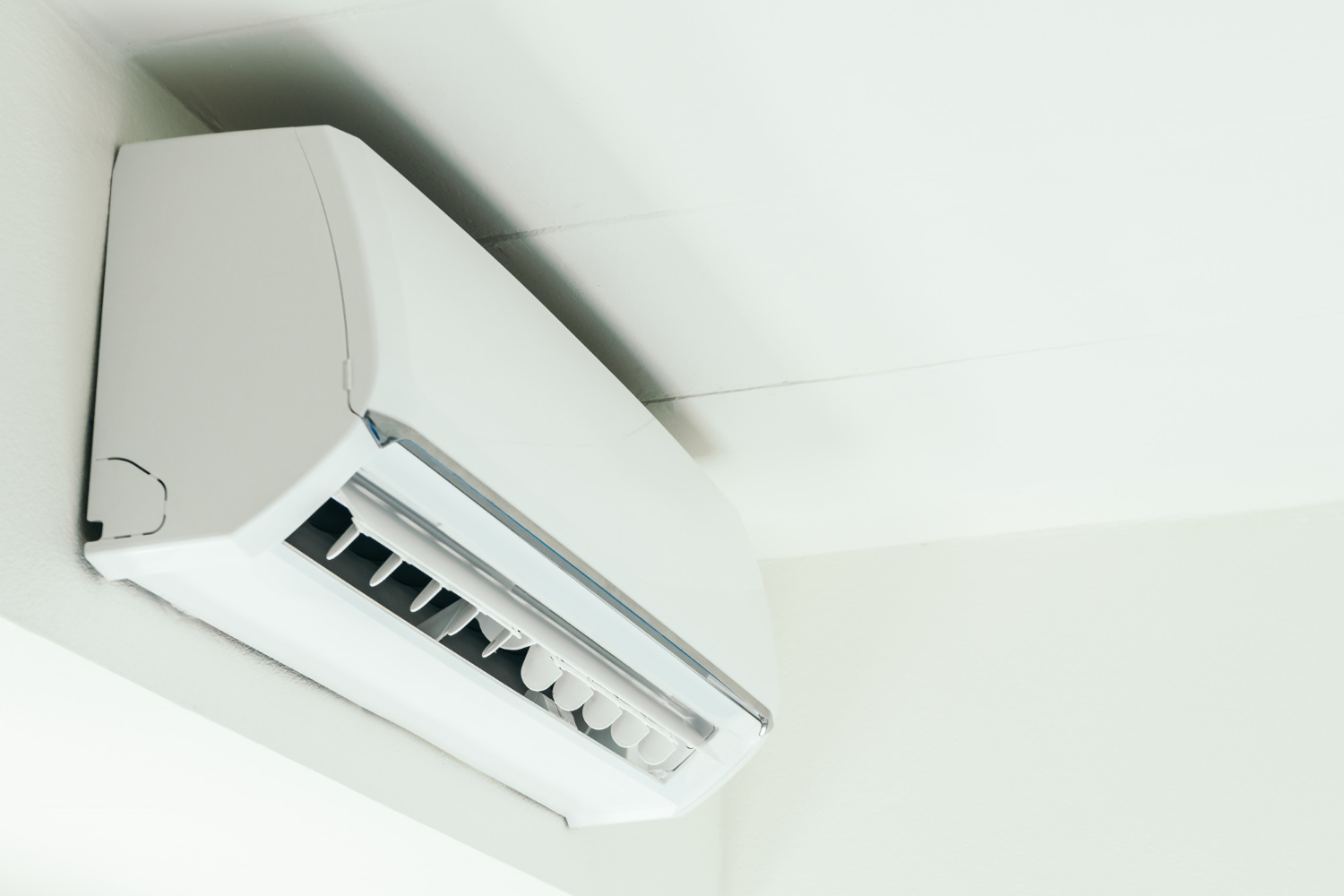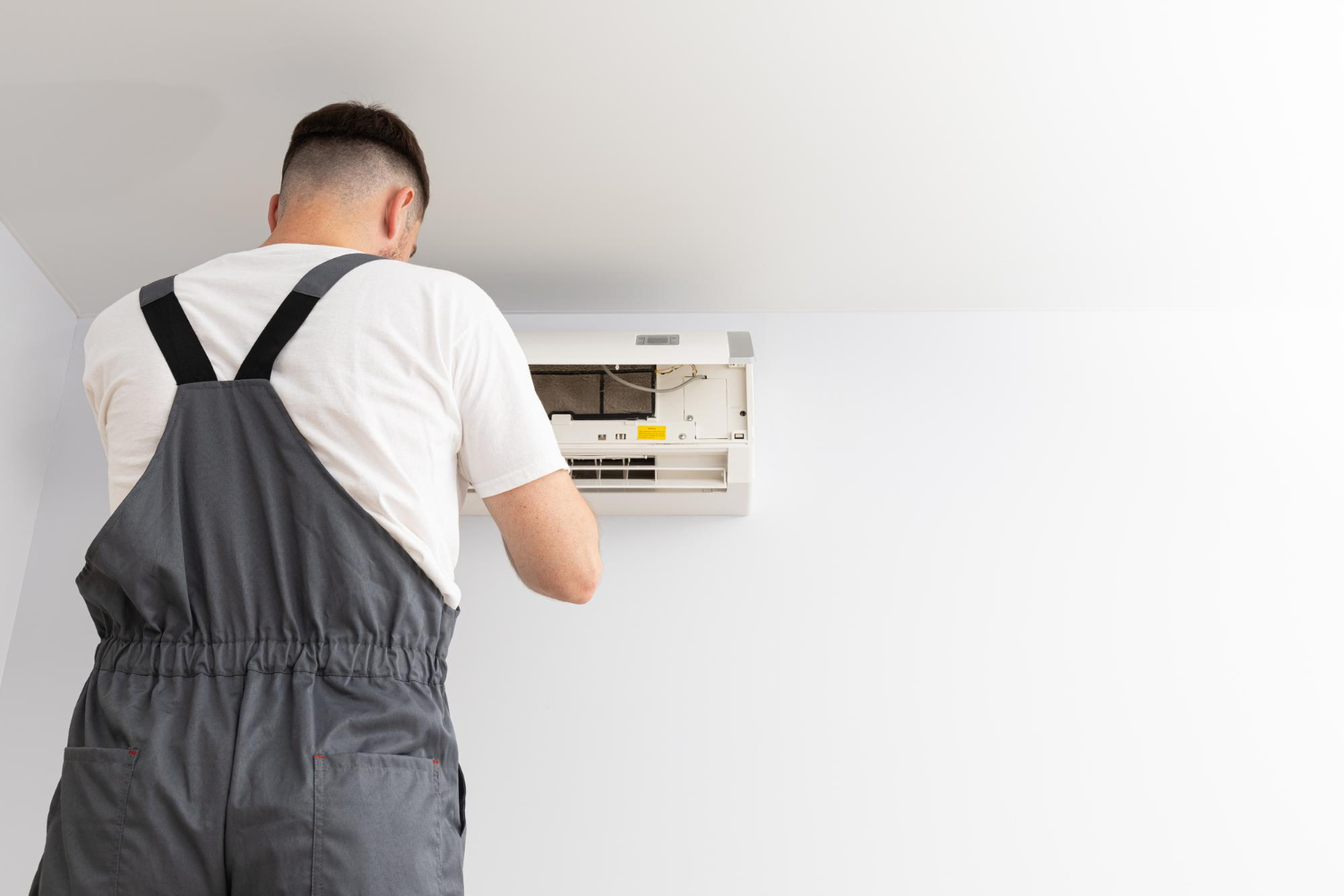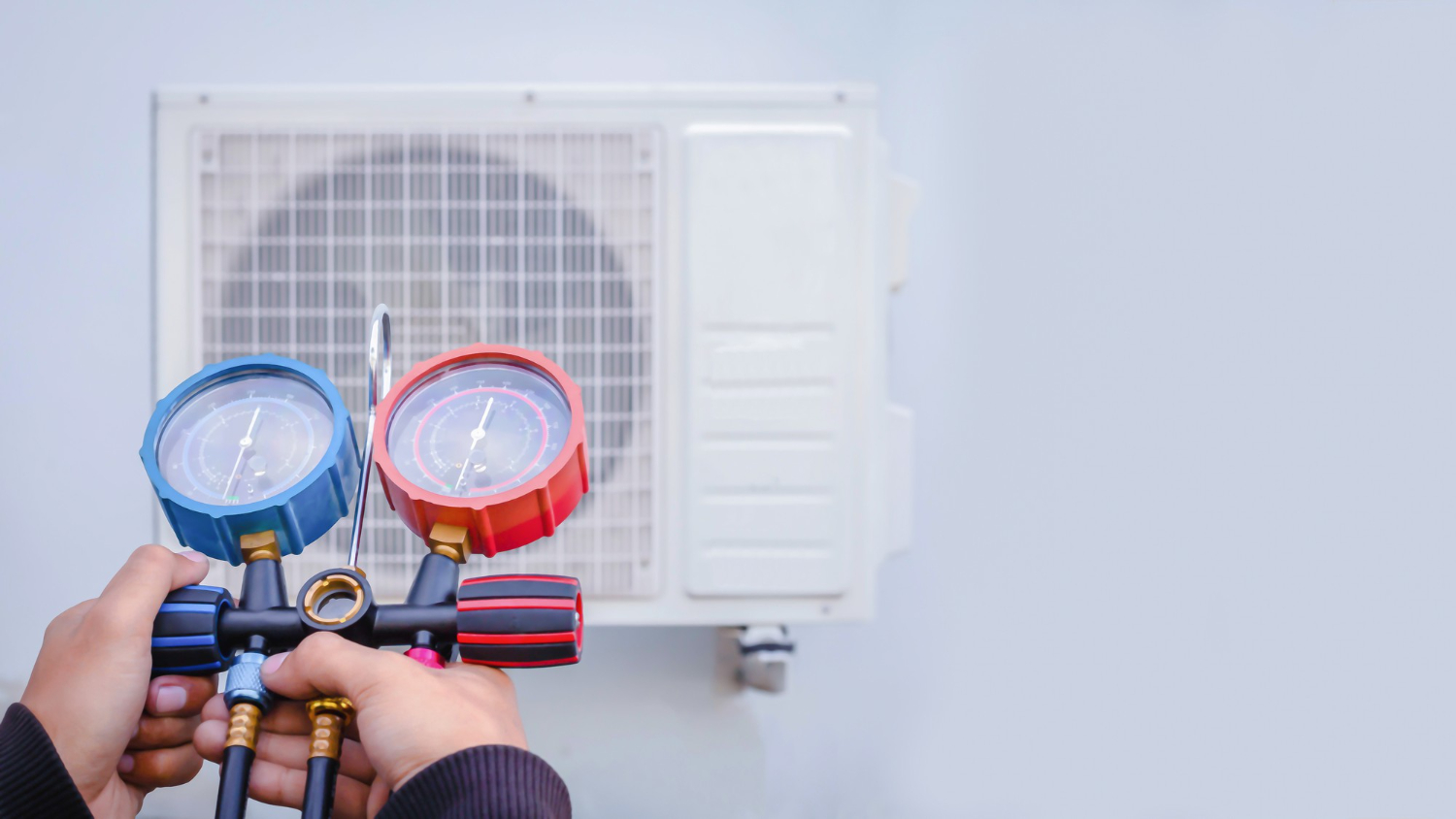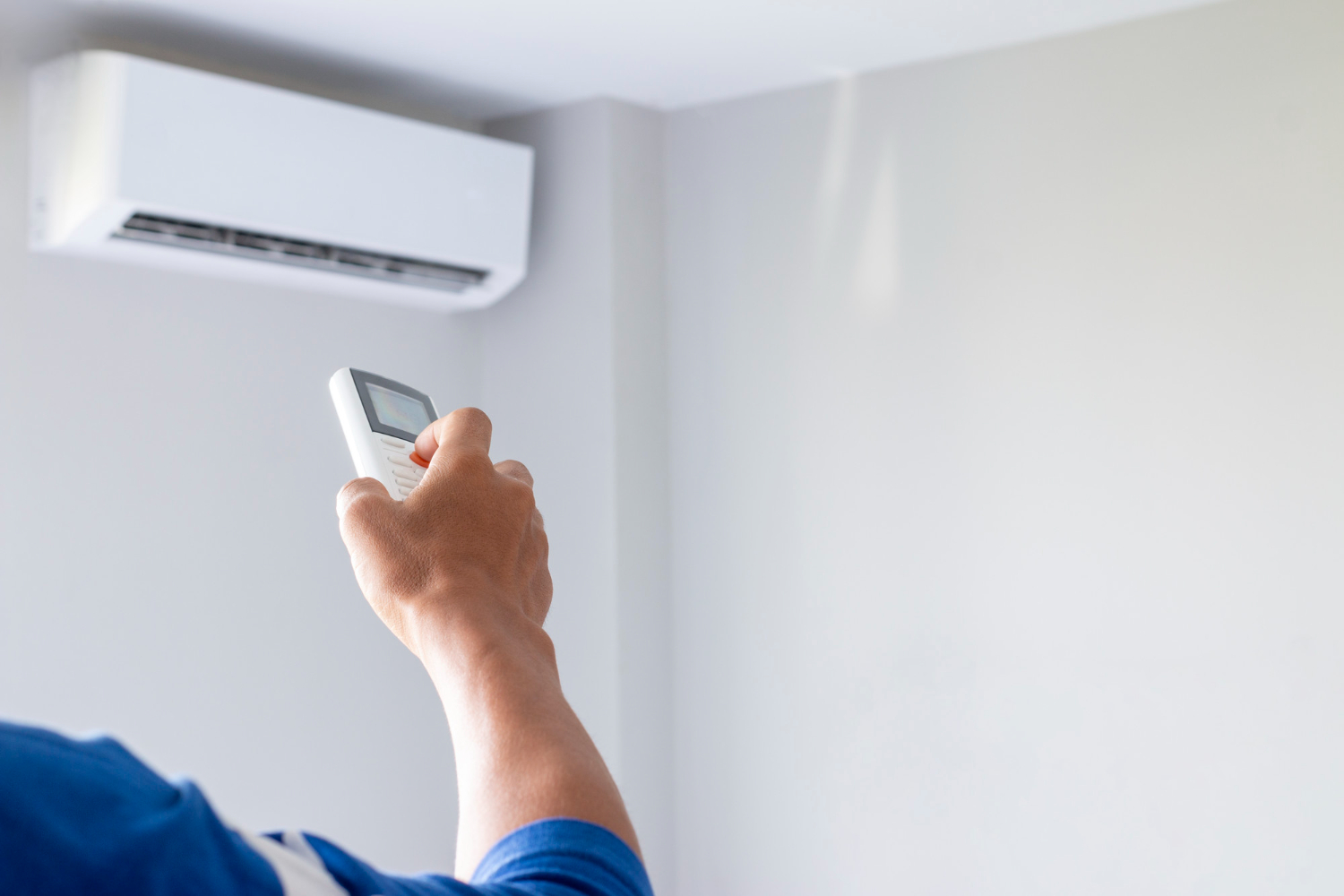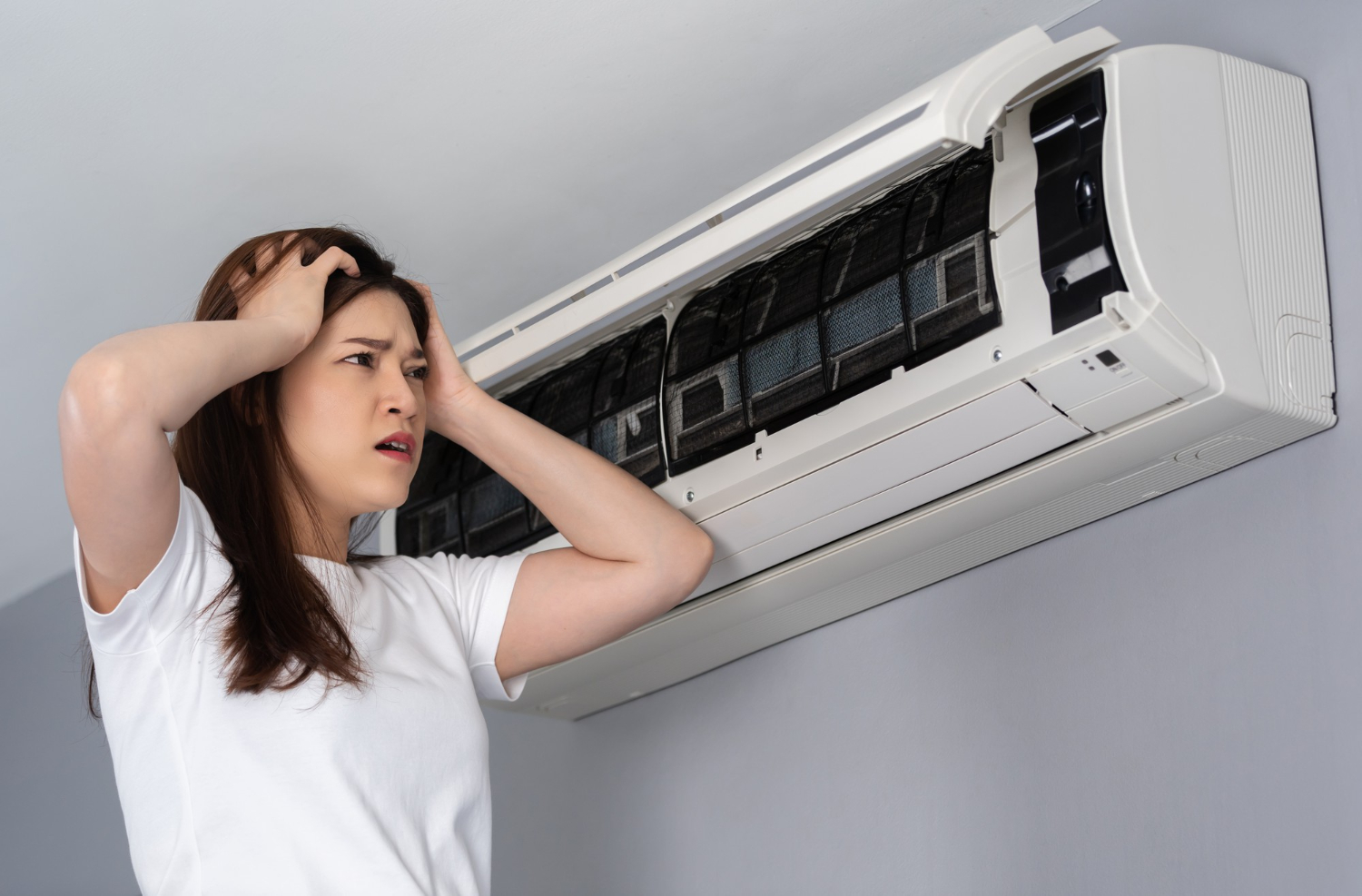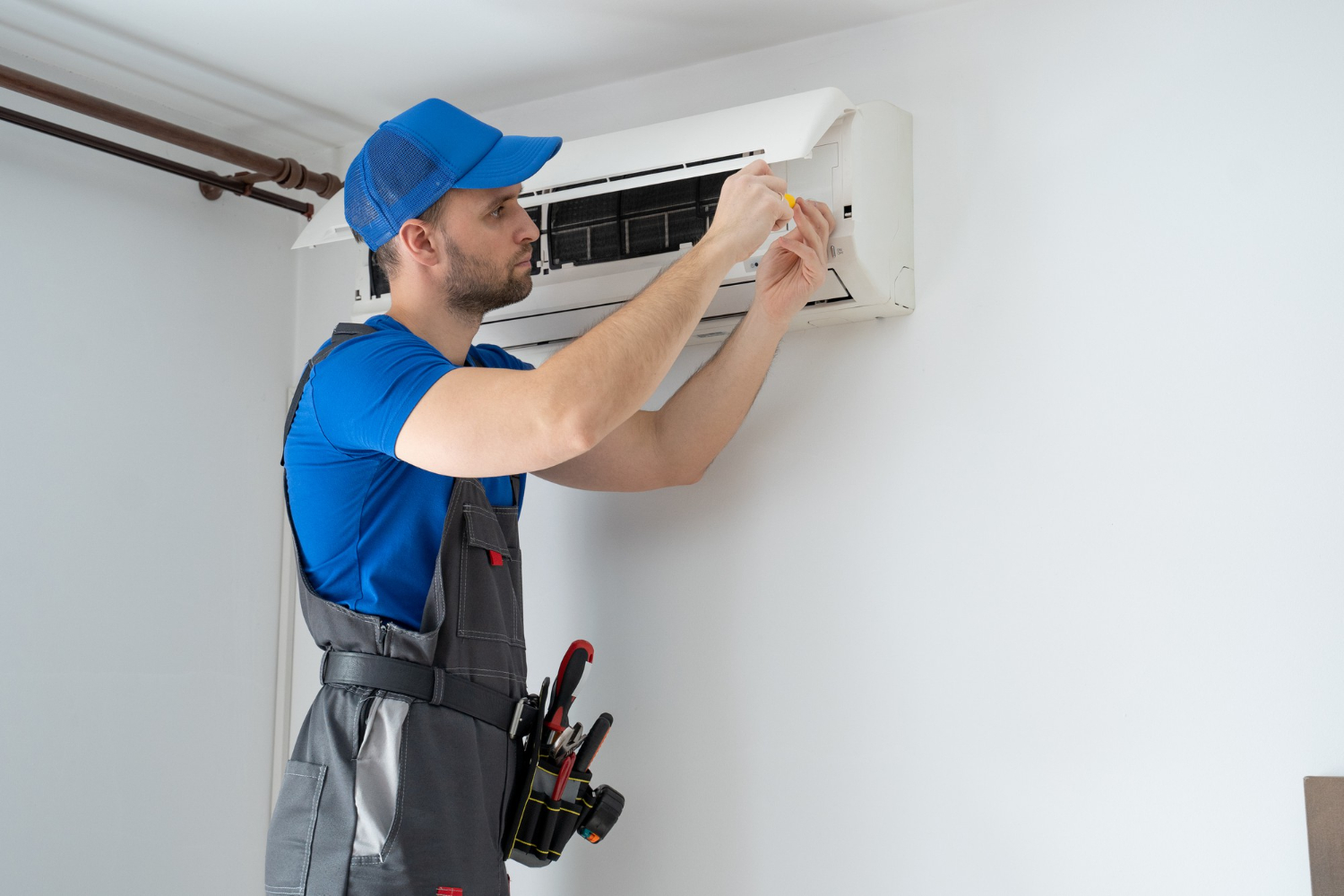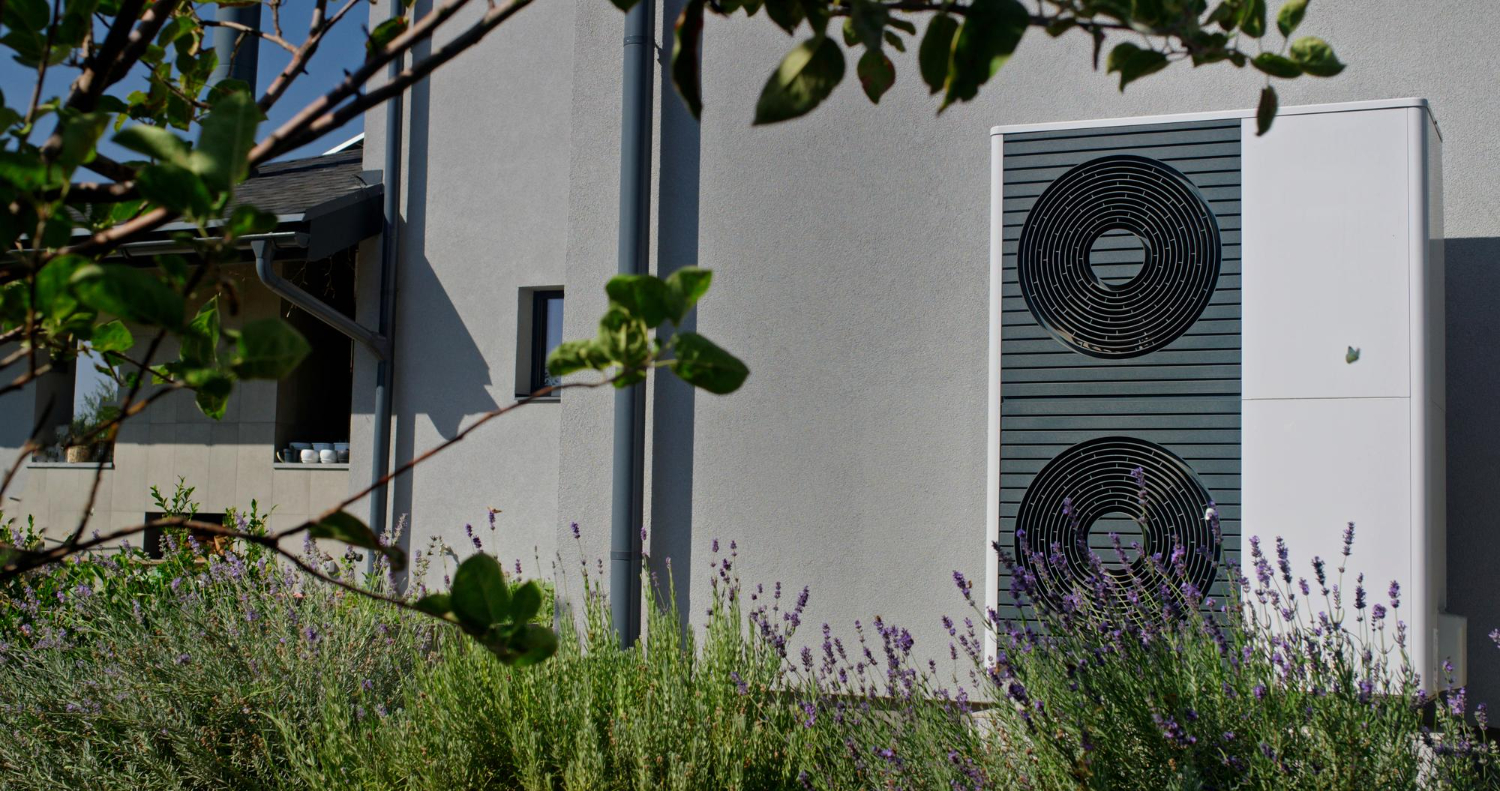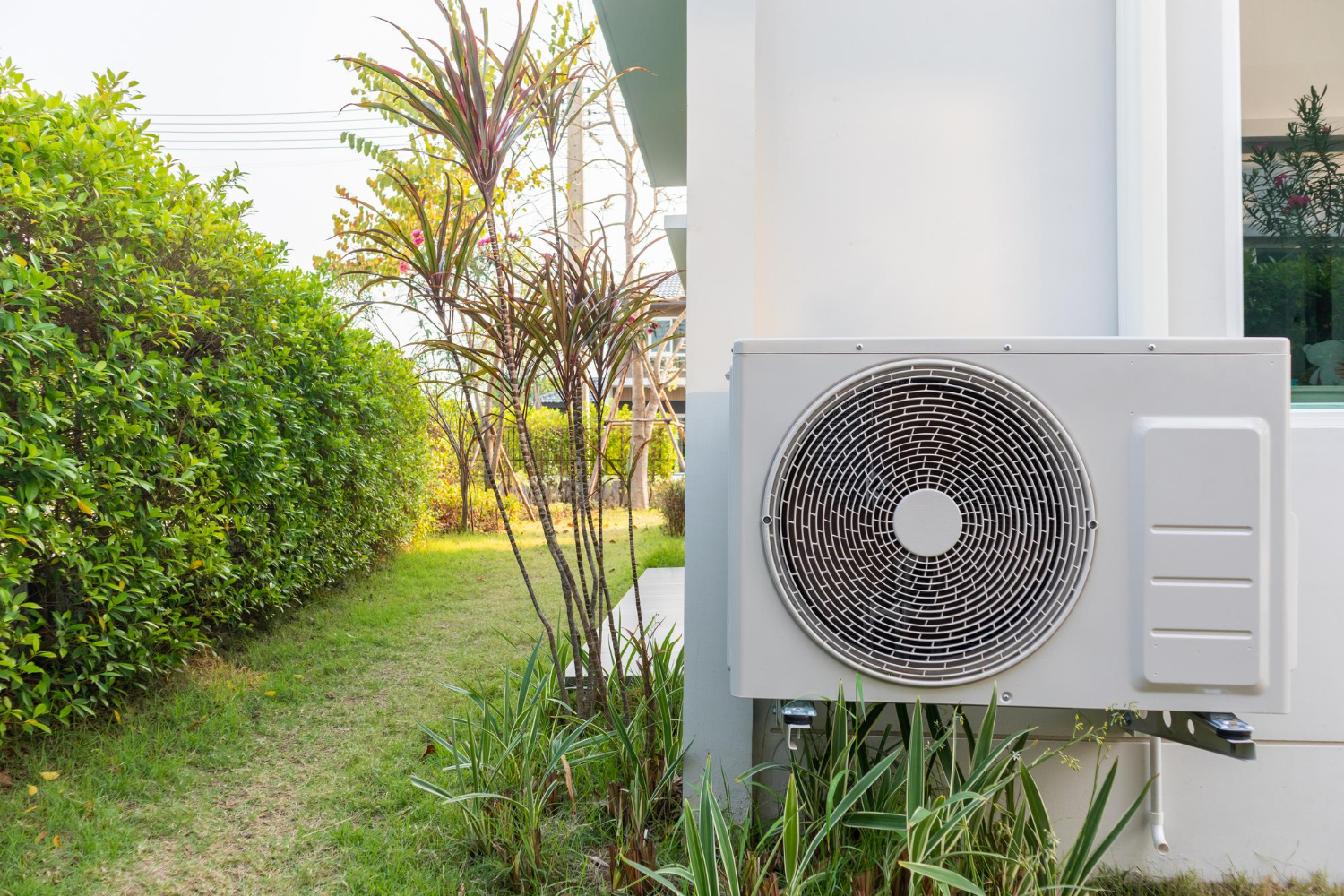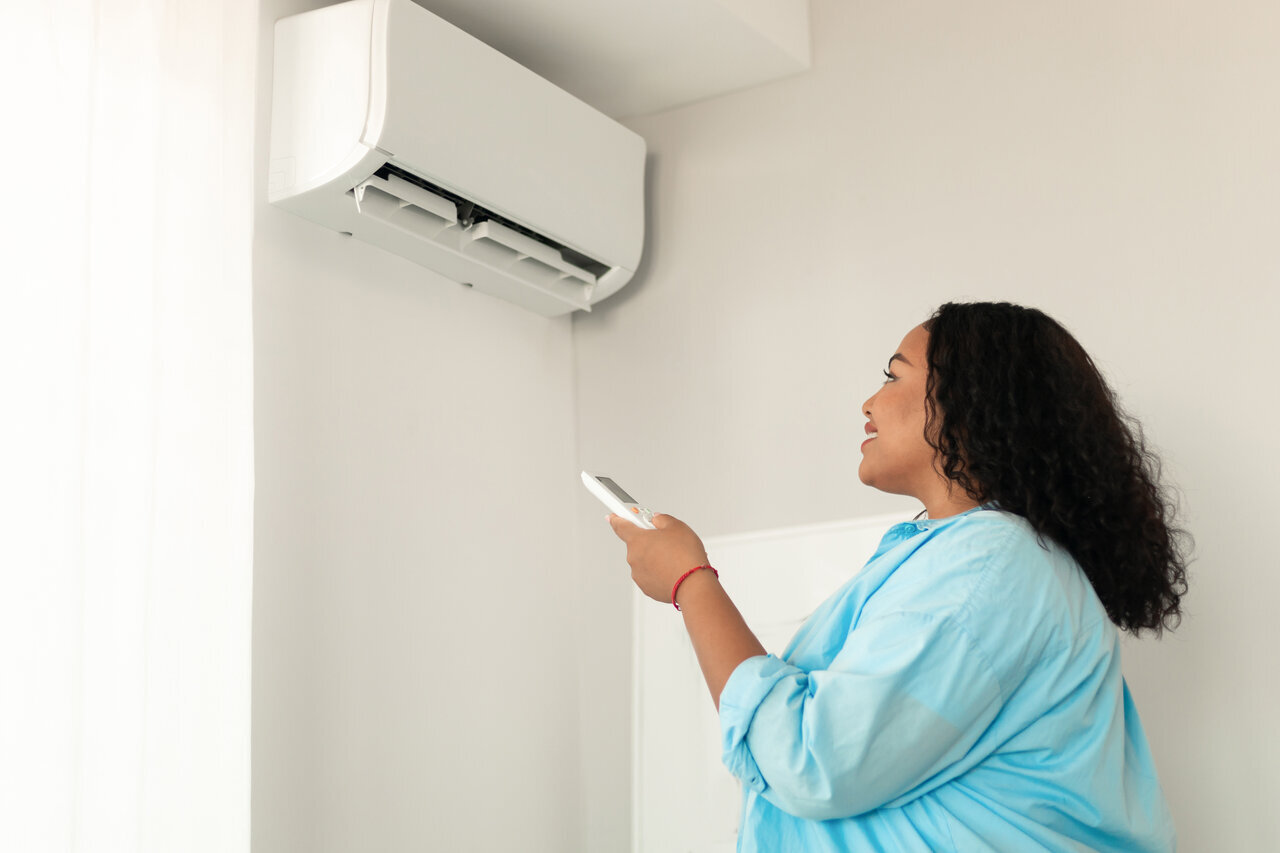When the temperature drops in Boyd, the last thing homeowners want is a furnace that quits without warning. A reliable heating system is what keeps a home comfortable and safe during fall and winter. But like any equipment, furnaces wear out over time. The signs of trouble usually show up slowly, and catching them early can help stop a breakdown before it happens.
No one wants to be surprised by a cold house on a chilly morning or a furnace that won’t turn on when you need it most. Paying close attention to early warning signs can help you take care of repairs or start considering heating replacement in Boyd before you’re left in an emergency. Here are some of the key things to look out for.
Uneven or Weak Heating
One of the first signs that a furnace may be reaching the end of its life is poor or uneven heating around the house. If certain rooms feel colder than others or if you find yourself constantly adjusting the thermostat, your system may not be working the way it should.
This could happen due to:
- A failing blower motor
- Clogged air filters
- Leaky ductwork
- An aging furnace struggling to keep up
Sometimes, you might notice it takes longer for your house to warm up. Or maybe the air from the vents isn’t as strong as it used to be. You might also feel cold spots in areas that used to heat evenly. These can all point to an older furnace that’s losing its efficiency and struggling to distribute warm air properly across your home.
Keep in mind that poor airflow doesn’t always mean the furnace is the problem, but when combined with other signs like strange sounds or frequent system cycling, it often means your heating system should be inspected. Especially in older homes in Boyd, inefficient heating can turn into rising energy costs and bigger problems down the line.
Unusual Sounds Coming From the Furnace
Most furnaces make some noise when running, like a gentle hum or a low whoosh of air. But if you’ve started hearing loud bangs, rattling, scraping, or high-pitched squeals, that’s not normal. These sounds aren’t just annoying—they can be signs your furnace is about to fail.
Here’s what different sounds might mean:
- Banging: This can be caused by dirty burners delaying ignition or by ductwork expanding and contracting too forcefully.
- Rattling: Sometimes linked to loose screws or panels, but it could also mean internal parts are coming apart or a heat exchanger is cracked.
- Scraping: May mean the blower wheel is loose or making contact with other parts.
- Whining or Squealing: Could come from a worn-out blower motor bearing or belt that needs replacing.
Letting these noises go unchecked can lead to serious damage. For example, one homeowner in Boyd heard scraping noises for weeks but waited too long to call for help. By then, the damage to the blower was severe enough that the furnace needed major repairs that could’ve been avoided.
When your furnace starts making odd sounds that weren’t there before, it’s usually a signal something should be fixed soon. Sound changes almost always mean something mechanical is happening inside the system.
Short Cycling: Frequent Starts and Stops
If your furnace keeps turning on and off in short bursts, this is called short cycling. It might seem small at first, but it can wear down your system fast. Instead of going through normal heating cycles, a furnace that constantly starts and stops is wasting energy and working extra hard.
Common causes of short cycling include:
1. A dirty air filter blocking airflow
2. An overheating system shutting itself off for safety
3. A thermostat that’s not working properly
4. A furnace that’s too large for the space it’s heating
Short cycling doesn’t just hurt comfort. It adds stress to key furnace parts like the blower motor and heat exchanger. Since those parts are expensive to replace, spotting short cycling early can help you avoid bigger problems.
It’s also a strong indicator that your system might be nearing the end of its lifespan. If you’ve had short cycling checked out and it keeps happening, it might be time to start thinking about a heating replacement in Boyd before the furnace stops working completely.
High Heating Bills That Keep Climbing
An unexplained jump in heating costs is another strong sign that your furnace may be on its way out. When a furnace loses efficiency, it has to run longer or work harder to heat your home. That extra run time translates directly into higher energy usage, which impacts your monthly bills.
If you've ruled out things like drafts, leaky windows, or thermostat problems, the furnace is often the next place to look. Compare your current bill to those from previous years during the same season. If your usage habits haven’t changed but your charges have gone up, that’s worth looking into.
Look out for:
- The furnace running longer than it used to
- Needing to consistently raise the thermostat temperature
- A system that turns on more often than usual
- Household members still feeling cold even when the system is running
Furnaces that are working too hard are usually doing so because internal components have worn down, airflow is blocked, or the overall system is outdated. This isn’t just uncomfortable—it also drives up the risk of a full breakdown. Homeowners in Boyd often notice these changes first when they receive a higher energy bill and realize their system hasn’t been keeping the house as warm as it used to.
Yellow Flame Instead Of Blue
The color of your furnace’s burner flame says a lot about how the system is operating. A properly working gas furnace should have a steady blue flame. That color signals that the gas is burning efficiently. But if you see a yellow flame instead, that’s something homeowners in Boyd should not ignore.
A yellow flame could mean:
- Poor gas combustion
- Dirt or rust buildup on burners
- Restricted airflow inside the furnace
- Delayed ignition due to aging components
While these issues can lead to less effective performance, they can also point to more serious problems with the furnace’s operation. A flickering yellow flame can sometimes be a sign that the furnace isn’t burning fuel fully, which could make your indoor air quality worse. If left unchecked, it can damage internal parts or eventually lead to more expensive repairs.
Always have a professional inspect the flame if it’s anything other than a steady, clear blue. Our technicians are trained to safely evaluate what’s causing the color change and can recommend the safest course of action. When an aging furnace starts showing signs like yellow flames, it often means a heating replacement in Boyd should be considered sooner rather than later.
Stay Ahead of Furnace Issues Before the Weather Turns
Ignoring the early signs of furnace trouble only makes things worse down the road. Whether it’s uneven heating, odd noises, short cycling, rising bills, or a yellow flame, each of these issues is pointing to the same reality—your system isn’t working the way it should. These warning signs don’t usually fix themselves and often build up until the furnace fails completely at the worst time.
Homeowners in Boyd shouldn’t wait for that to happen. Fall is a good time to take a look at your system and make sure it’s ready for winter. If you’ve been noticing one or more of these problems happening at the same time, the smart move is to have a qualified technician take a look before the temperatures drop.
Getting ahead of problems instead of reacting to emergencies gives you more peace of mind and helps you avoid sudden costs when you least expect them. A proactive heating replacement in Boyd might feel like a big step, but it’s often the safer move compared to being left without heat in the middle of the season.
Family Comfort Heating & Air understands how upsetting it is to deal with a failing furnace, especially when your home starts feeling unevenly heated and your energy bills keep climbing. When your system shows signs such as short cycling or a yellow burner flame, it might be time to consider heating replacement in Boyd. Acting now can help prevent a complete breakdown during the cold season, ensuring your home stays warm and safe. For a quick estimate or to schedule a service visit with our professionals, please contact us today.
Related Blog

Flexible Financing Options
Stay comfy with 0% Financing for 12 Months on a new HVAC system through Synchrony and Wisetack! No hidden fees, no stress—just easy payments.













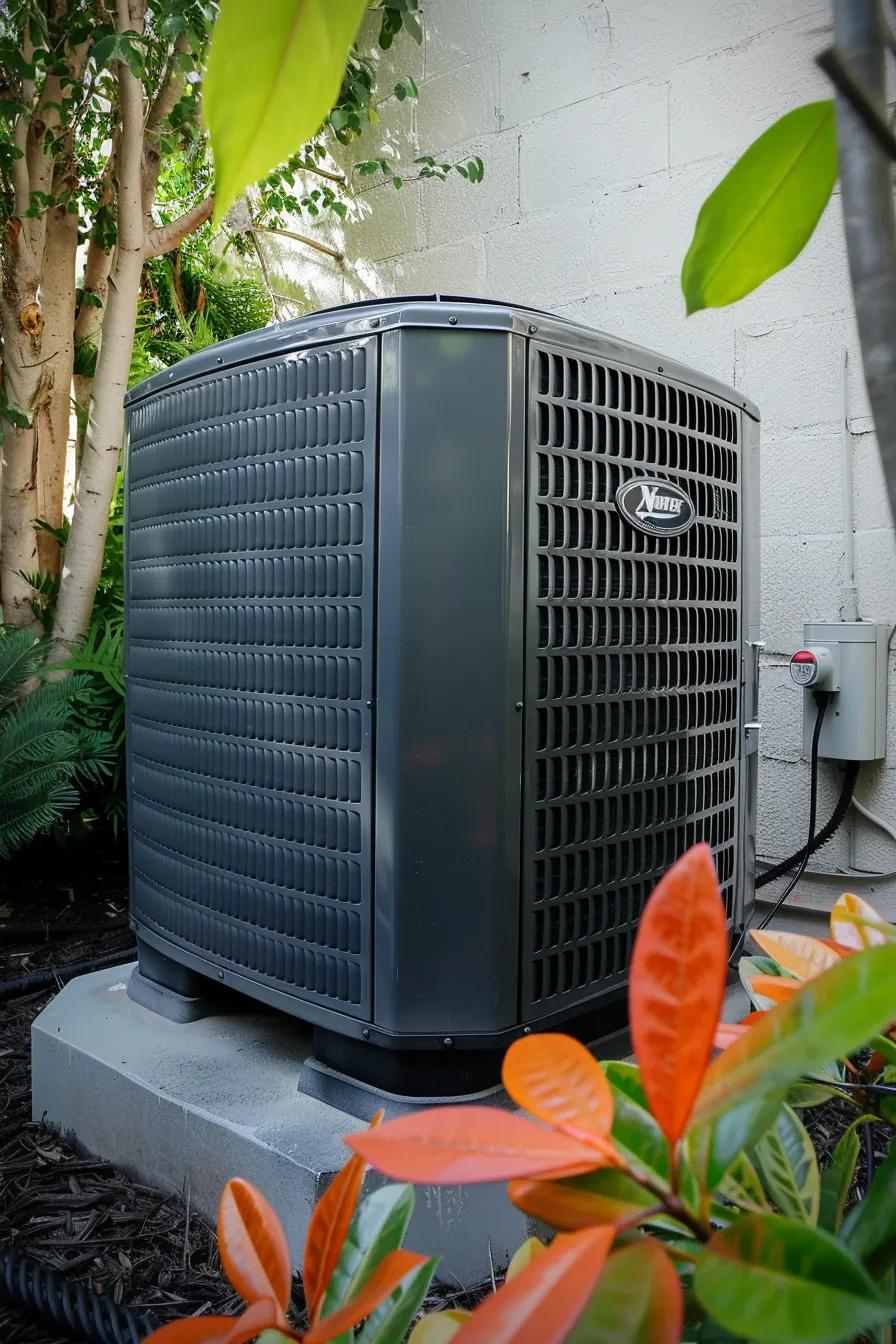

.png)
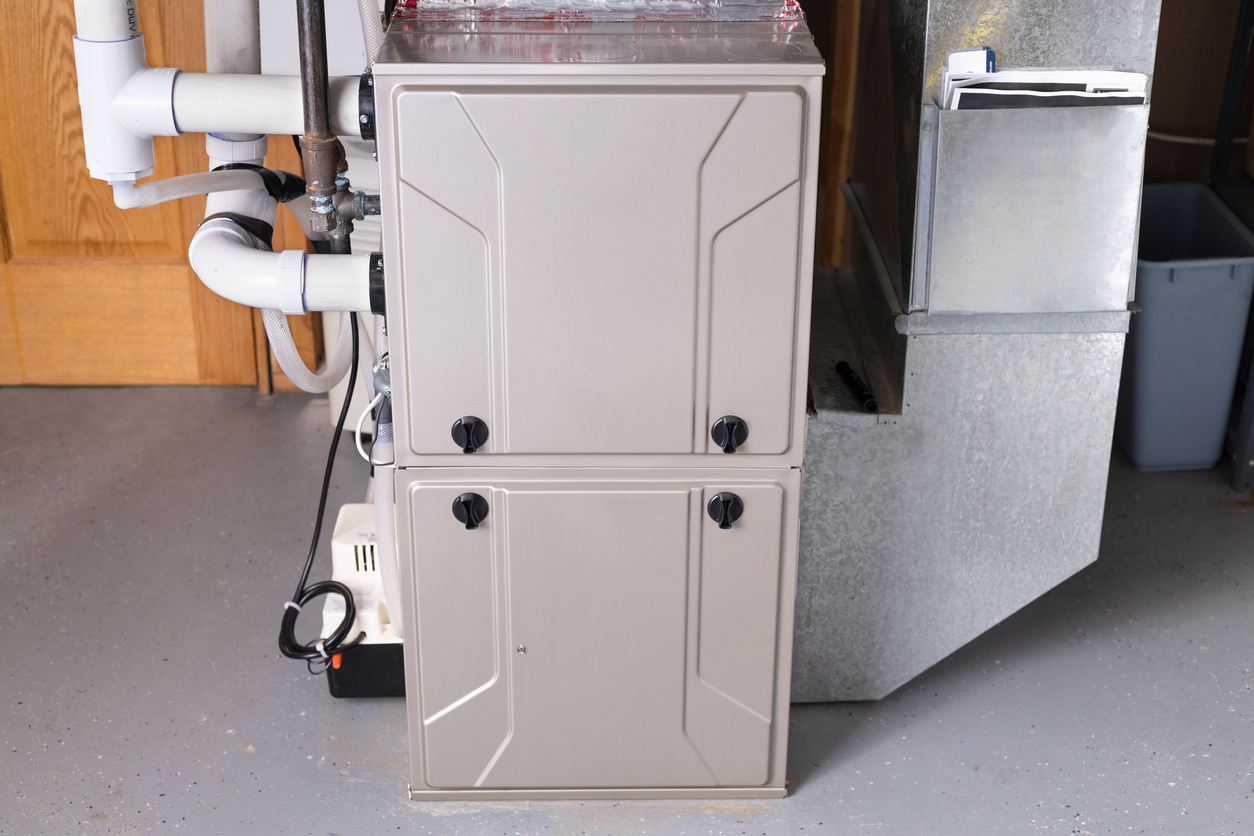
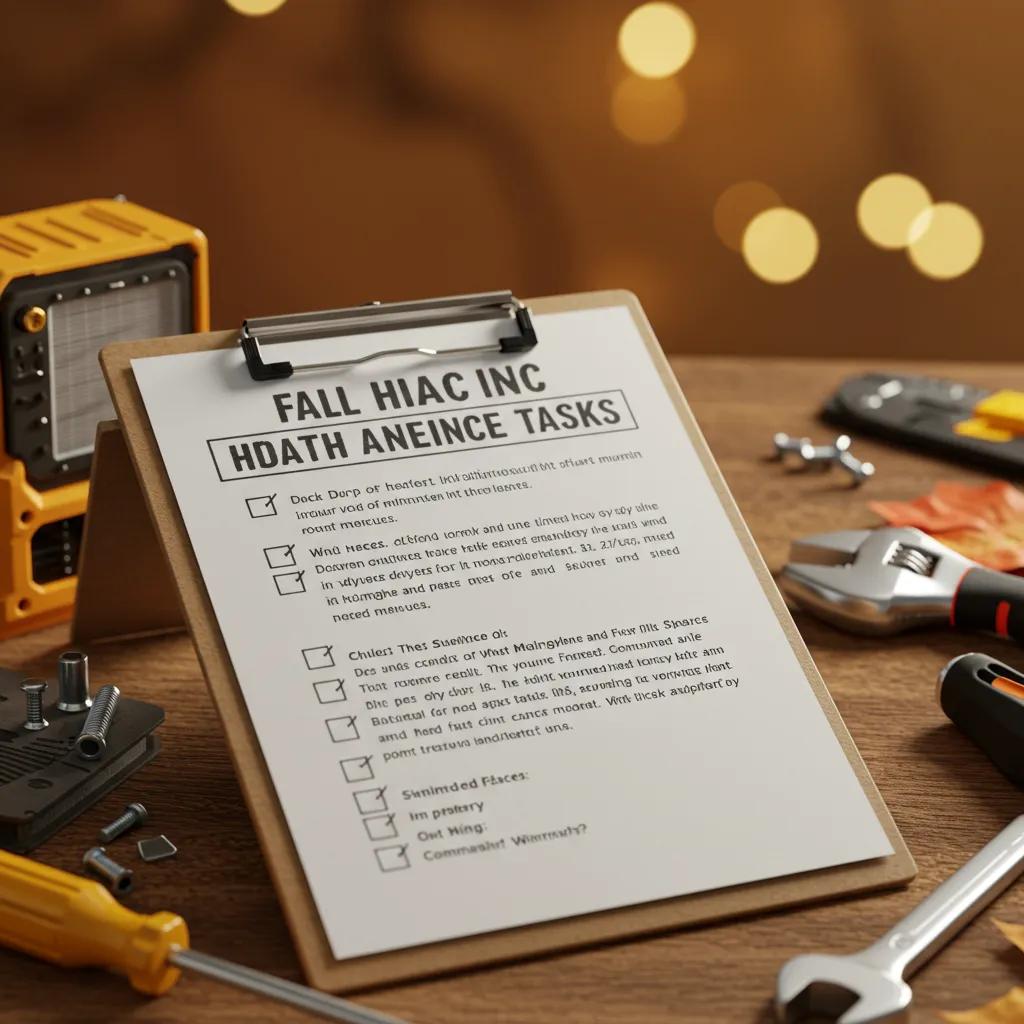
.jpeg)
.jpeg)
